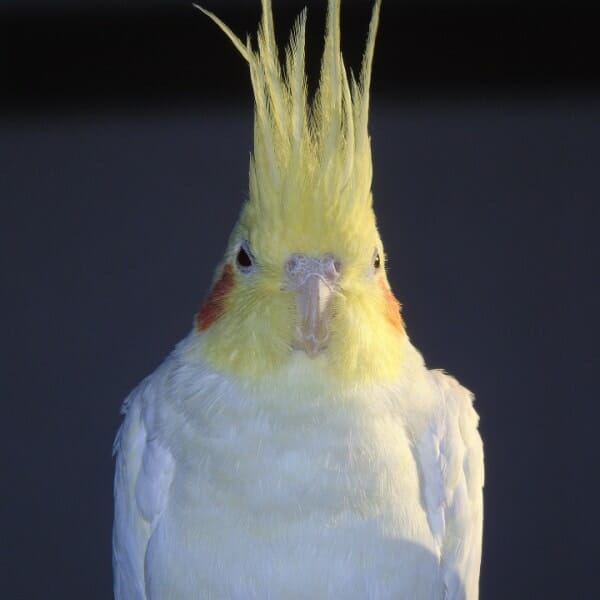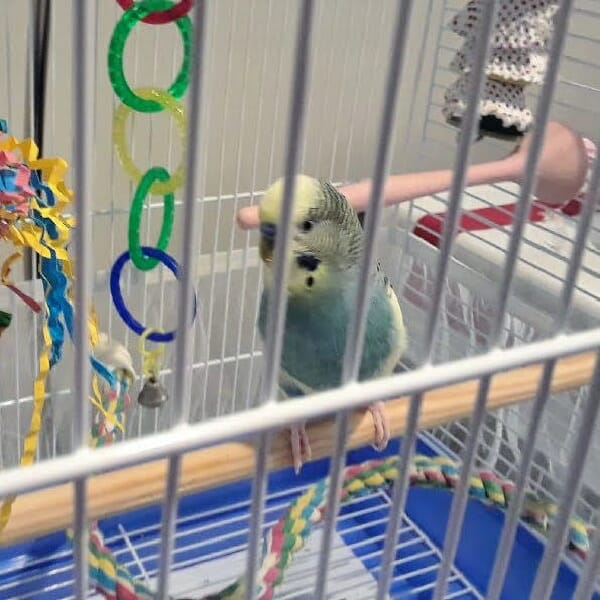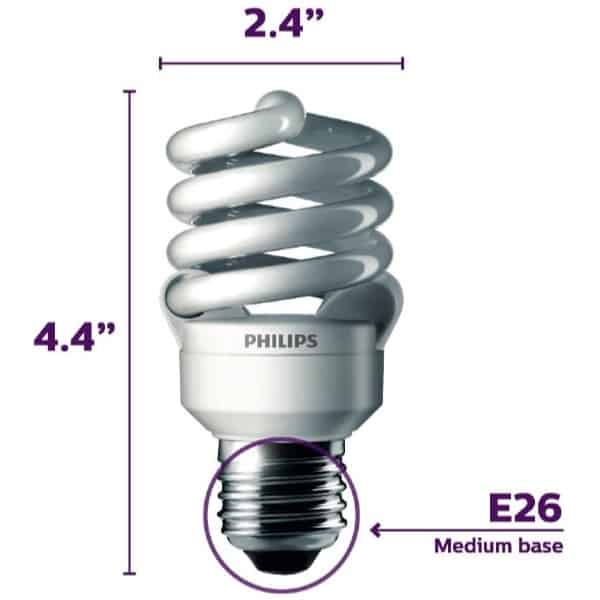Do You Think Lupron Would Help or Hurt My Cockatiels Behavior?
Joanne F. wonders aloud,
Been reading your blog about the effects of Lupron on female birds for egg-laying.
My vet is suggesting these injections for my male white face cockatiel, “Pico”.
Pico is literally like Jekyll and Hyde.
Very loving but can turn on you in a nanosecond.
He is so highly hormonal that almost anything is perceived as a potential mate.
Feet, sneakers, plastic Kind bar wrappers……the list is expanding.










